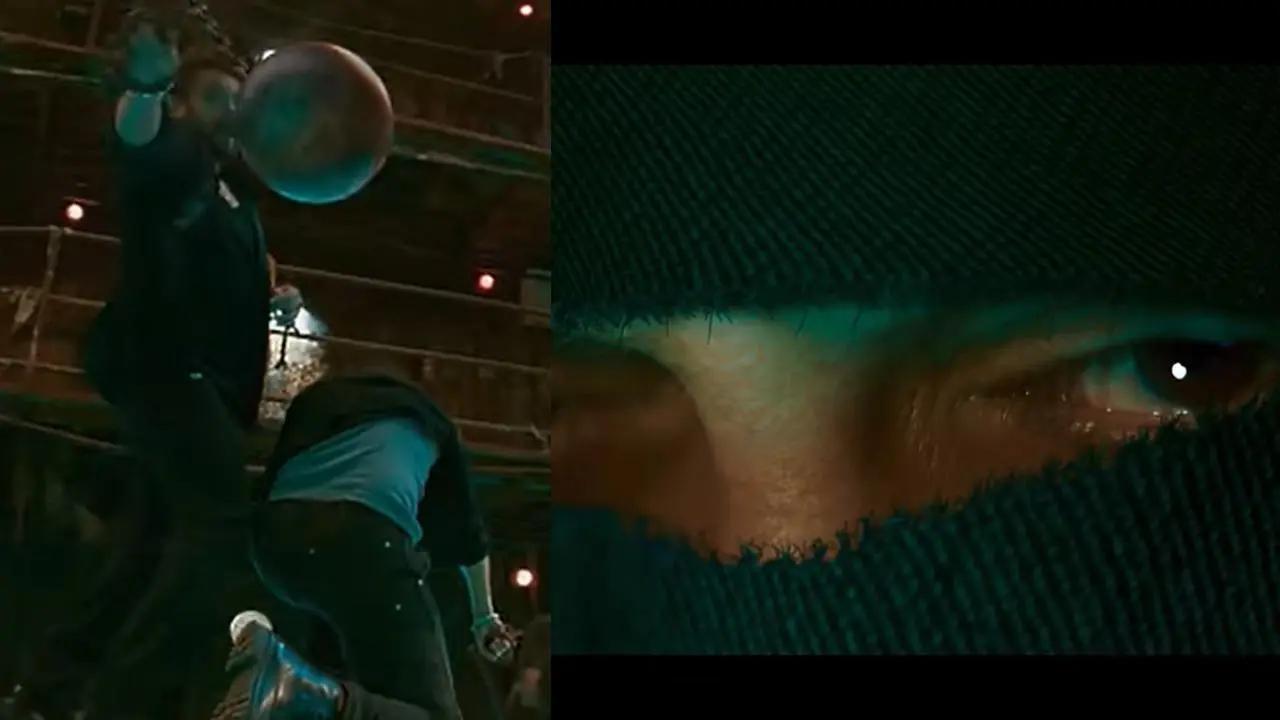
The recent media uproar surrounding the film ‘Bade Miyan Chote Miyan’ has taken a new turn as Ramesh Taurani, a noted figure in the Indian film industry, has publicly backed Vashu Bhagnani, the producer at the center of the controversy. Taurani has classified the whole ordeal as a mere ‘misunderstanding’ and believes it will be resolved soon.
‘Bade Miyan Chote Miyan,’ a film that largely underperformed at the box office, has been the focus of much attention lately due to Pooja Entertainment, the production house supporting the project. Allegations from various crew members, including the film’s director Ali Abbas Zafar, have spotlighted Vashu Bhagnani’s production house for purported non-payment and delayed payments. It was in this context that Taurani stepped in to lend his support.
In an exclusive conversation with the Indian Express, Ramesh Taurani articulated his views on the ongoing issue. “Whatever happened will be cleared up and they will move forward. I don’t think he’s the kind of producer who would do something like this. He’s been around since 1995. I have never heard of him doing something like this with anyone’s money before. I think it’s a misunderstanding, and they’ll make sure it’s sorted out.”
Taurani’s statement follows a series of grievances brought to the limelight by industry professionals. Notably, actor Ronit Roy was vocal about his financial difficulties with the production house. Roy shared that he and his team faced substantial delays in receiving their payments. He mentioned that it was only after Himanshu Mehra intervened that a significant part of his fees and dues for his staff, including a security team that oversaw the sets in Mumbai, were finally settled.
“I’m lucky to have got a large part of my acting fees for my work on ‘Bade Miyan Chote Miyan’. The money was supposed to come from Vashu Bhagnani and it came from Vashu Bhagnani, but that happened only after Himanshu Mehra intervened. And when it came to the dues of my staff and my security company that guarded the sets in Mumbai, it was all very much delayed and we got that also due to Himanshu Mehra,” Roy revealed in a candid interview.
Adding to the chorus of voices, the Federation of Western India Cine Employees (FWICE) disclosed that Bhagnani owes substantial payments to crew members spanning three different films: ‘Mission Raniganj’, ‘Ganapath’, and ‘Bade Miyan Chote Miyan’.
. The federation stated that despite repeated reminders, these dues remain unsettled. FWICE president B.N. Tewari and IFTDA president Ashoke Pandit are keeping a close watch on the developments.
Vashu Bhagnani has responded by deflecting some of the accusations. He claimed that OTT giant Netflix had failed to disburse payments for his productions, a charge that Netflix has refuted as baseless. A spokesperson from Netflix said that Bhagnani’s claims were unfounded, further complicating the ongoing dispute.
In the swirl of accusations and counterclaims, the film ‘Bade Miyan Chote Miyan’ ironically finds itself back in the limelight for all the wrong reasons. The repeated accusations of financial impropriety cast a shadow not just on the production house but on the broader film industry.
Taurani, who has been a part of the industry since 1995, expressed confidence in Bhagnani’s integrity. “I don’t think he’s the kind of producer who would do something like this. He’s been around since 1995. I have never heard of him doing something like this with anyone’s money before,” Taurani reiterated, emphasizing his belief that this issue is merely a misunderstanding and will soon be rectified.
Yet, despite the assurances, the controversy has caused significant reputational damage. The statements made by industry veterans like Ronit Roy and the intervention of film industry bodies like FWICE suggest that resolving these financial discrepancies could be an arduous process.
The ongoing developments underscore a broader concern about financial transparency and ethical practices within the film industry. As movie production becomes an increasingly complex and financially intricate endeavor, issues like these bring to light the need for more stringent regulations and oversight to protect the rights of all professionals involved.
While Taurani’s defense of Bhagnani might offer some solace to the embattled producer, the resolution of these financial disputes remains a pressing concern. For now, the industry and audiences alike will have to wait and see how this ‘misunderstanding’ is eventually resolved.










